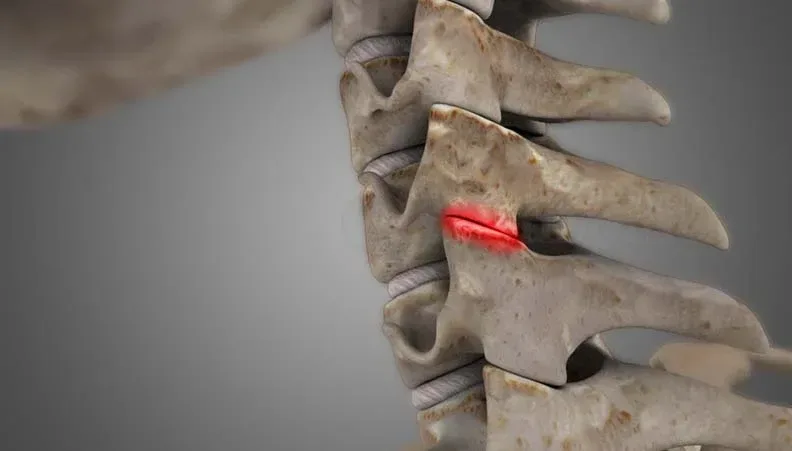
Cervical facet syndrome is a painful condition that affects the neck’s facet joints. These joints allow the neck to move and bend. When they are irritated or inflamed, they can cause pain and stiffness in the neck, shoulders, and upper back.
The main symptoms of cervical facet syndrome include:
Several factors can contribute to the development of cervical facet syndrome, such as:
To diagnose cervical facet syndrome, a doctor will typically perform a physical examination and may order imaging tests, such as X-rays or MRI scans, to assess the condition of the joints and rule out other potential causes of neck pain.
Treatment for cervical facet syndrome usually involves a combination of:
Maintaining good posture, especially when sitting for long periods or using electronic devices, is crucial for helping prevent or manage cervical facet syndrome. Regular exercise, including stretching and strengthening exercises for the neck and upper back, can also help improve joint health and reduce pain.
If you experience persistent neck pain or stiffness, consult a healthcare professional for an accurate diagnosis and appropriate treatment plan.